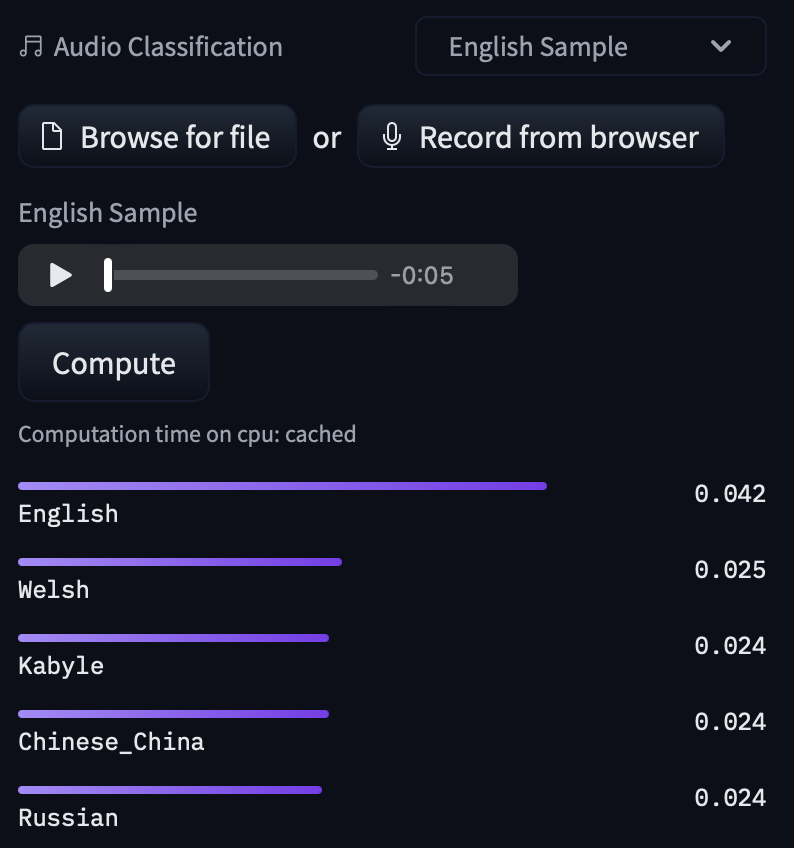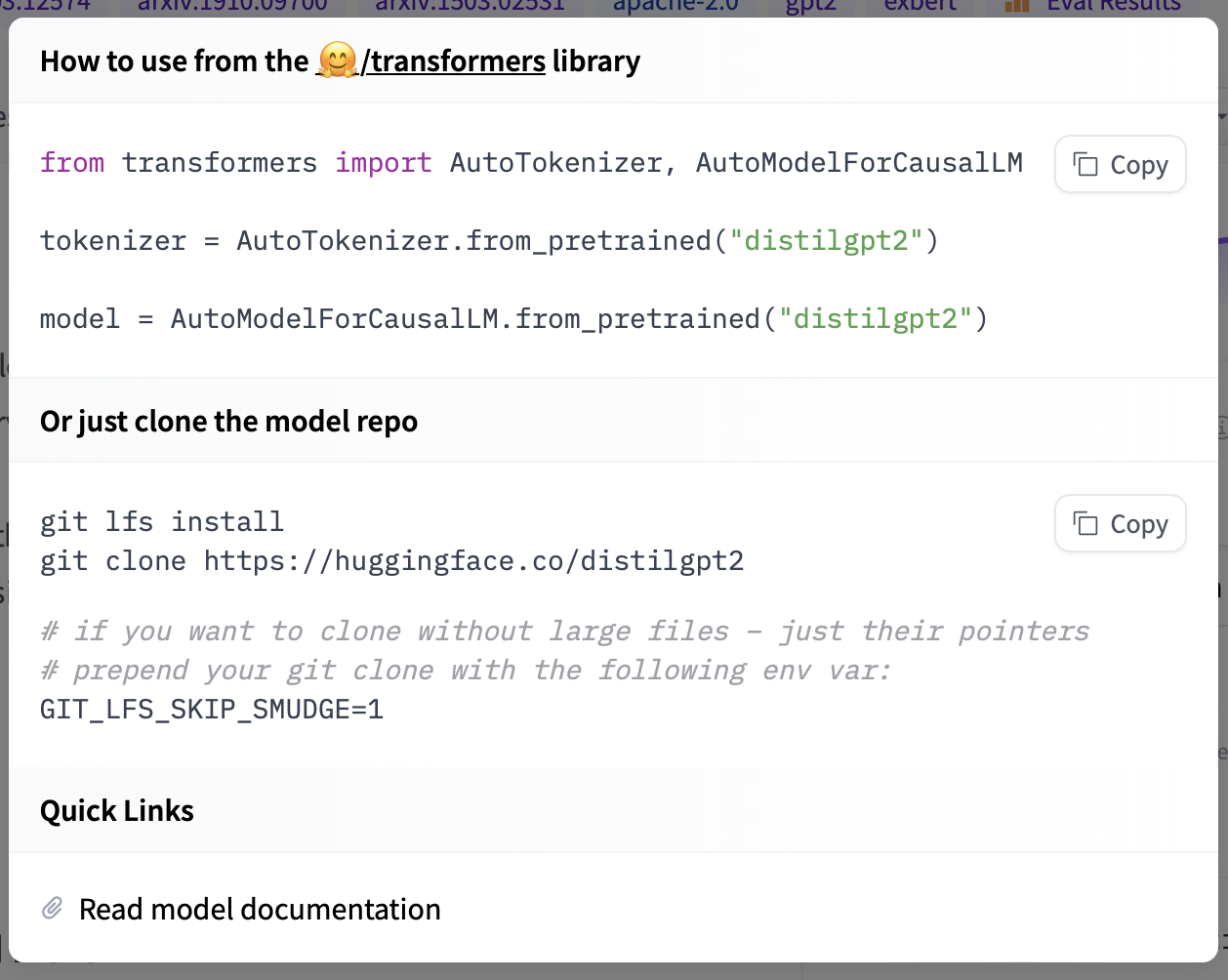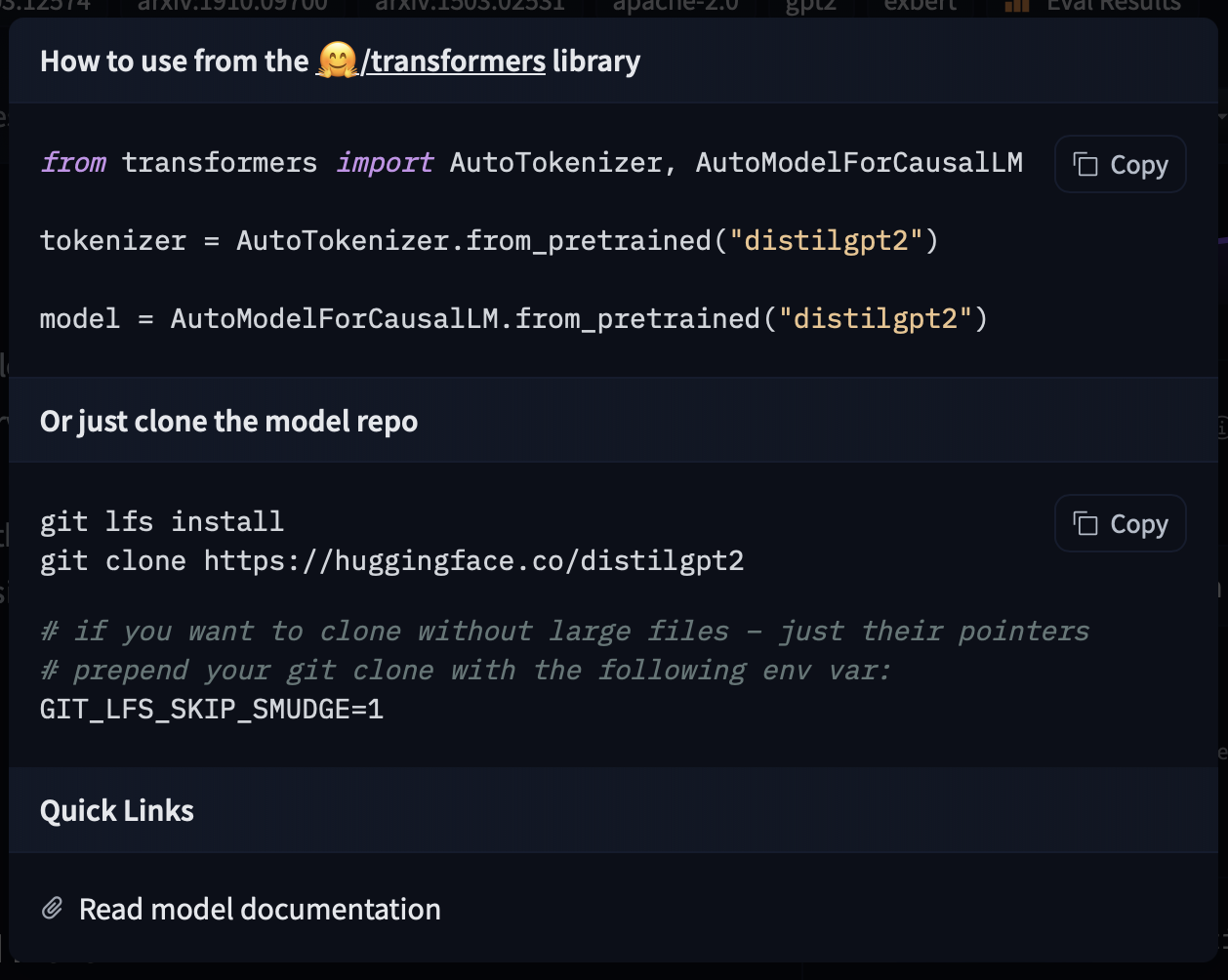Hub documentation
Using Asteroid at Hugging Face
Using Asteroid at Hugging Face
asteroid is a Pytorch toolkit for audio source separation. It enables fast experimentation on common datasets with support for a large range of datasets and recipes to reproduce papers.
Exploring Asteroid in the Hub
You can find asteroid models by filtering at the left of the models page.
All models on the Hub come up with the following features:
- An automatically generated model card with a description, training configuration, metrics, and more.
- Metadata tags that help for discoverability and contain information such as licenses and datasets.
- An interactive widget you can use to play out with the model directly in the browser.
- An Inference API that allows to make inference requests.


Using existing models
For a full guide on loading pre-trained models, we recommend checking out the official guide.
All model classes (BaseModel, ConvTasNet, etc) have a from_pretrained method that allows to load models from the Hub.
from asteroid.models import ConvTasNet
model = ConvTasNet.from_pretrained('mpariente/ConvTasNet_WHAM_sepclean')If you want to see how to load a specific model, you can click Use in Adapter Transformers and you will be given a working snippet that you can load it!


Sharing your models
At the moment there is no automatic method to upload your models to the Hub, but the process to upload them is documented in the official guide.
All the recipes create all the needed files to upload a model to the Hub. The process usually involves the following steps:
- Create and clone a model repository.
- Moving files from the recipe output to the repository (model card, model filte, TensorBoard traces).
- Push the files (
git add+git commit+git push).
Once you do this, you can try out your model directly in the browser and share it with the rest of the community.